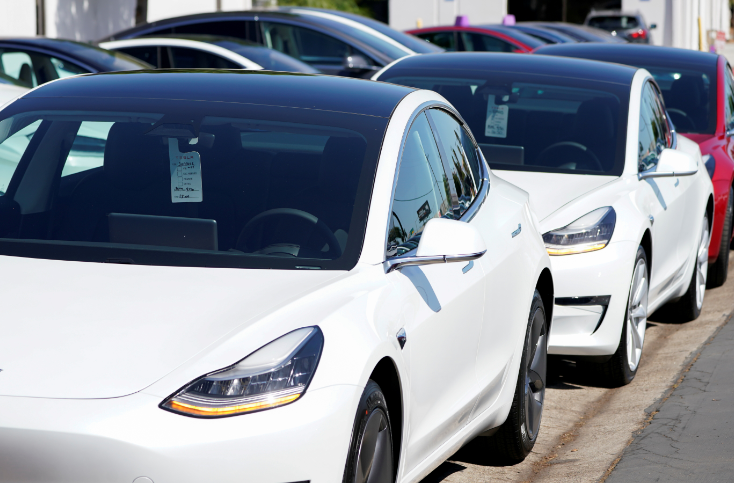Beijing Daily reported that the Shanghai-made Tesla Model 3, which is priced beginning at 355,800 yuan (US$50,398) is set to have its large scale delivery in the first quarter of 2020.
This model of the US company electric car manufacturer is getting eyed as the vehicle that will change China's new energy car market.
Still, doubters are questioning this because the government stopped vehicle subsidies which led to this particular market nosediving recently.
Tesla, in its quarterly financial statement as of late, said that China is the biggest market for medium sized premium sedans and with Tesla Model 3's price on par with gas for mid-sized sedans, the company trusts China to become the greatest market for its Model 3.
Tesla's last quarter profit report states it created 96,155 electric vehicles and delivered a record-high of 97,000 units.
Data from the China Association of Automobile Manufacturers (CAAM) show that China's new energy vehicles went down for four consecutive months since the government cut subsidies in June.
New energy cars' production and sales were at 95,000 units and 75,000 units respectively.
CAAM says this is down to 35.4% and 45.6% year-on-year.
In the previous four months, the sales of new energy vehicles (NEV) stayed between 70,000 to 80,000 units.
If the NEV market wants to meet 2018's overall sales record, it needs to go over 300,000 units in extra sales.
Domestic NEV companies had a miserable number of sales with Chinese vehicle producer BYD selling 12,600 NEVs down 55% year-on-year with its pure electric passenger car sales falling 41.5% to 7,588 units.
Likewise, for BJEV, sales in October were 8,601 vehicles, down 69.2% year-on-year.
Tesla, which depended on Chinese imports before its Shanghai plant, was not affected much by the appropriation cuts.
Its new Shanghai Gigafactory got finished in only 10 months and is now prepared for production.
The company's CEO Elon Musk said this factory can help lessen costs of the unit by around 65% than that the Model 3 line in the US thus possibly contributing a higher gross margin.
Analysts say that a higher-than-anticipated price of the Shanghai-manufactured Model 3 will win Tesla intiative in market competition after China's NEV subsidy arrangements are reshaped in 2020.
CNBC said the Shanghai factory will decrease labor expenses to as low as one-tenth of what the electric vehicle producer now pays its California processing plant employees.Tesla has more than 10,000 workers here.
Research from Morgan Stanley said that because of the decrease in costs of production, Tesla could sell its vehicles at a profit margin in the low-to mid-30%, like that of luxury car producer Porsche.






